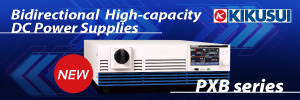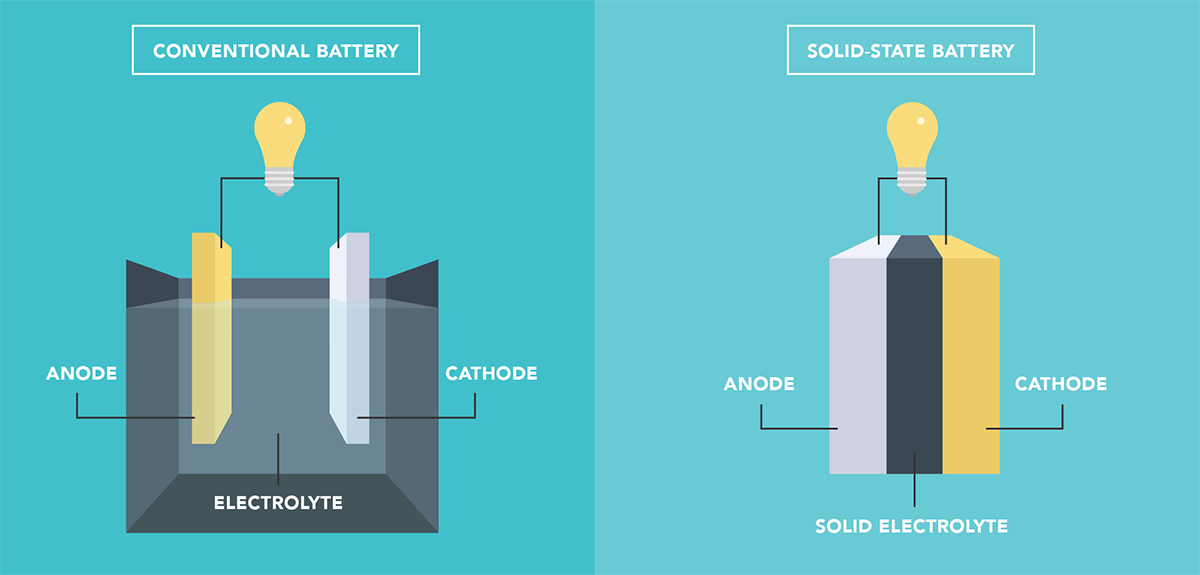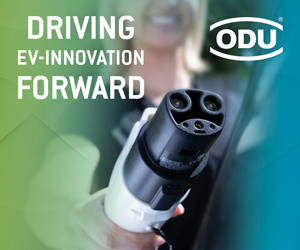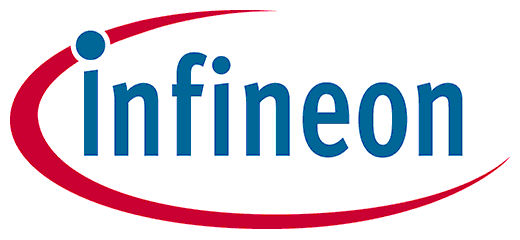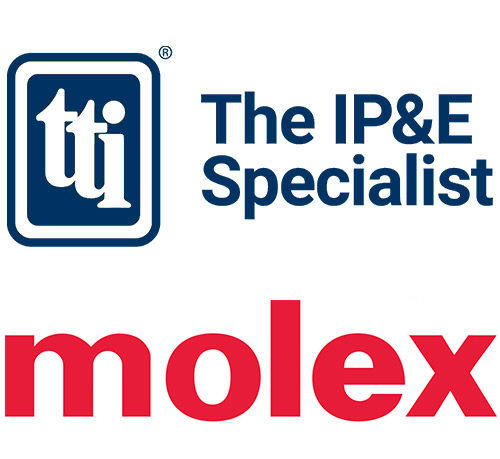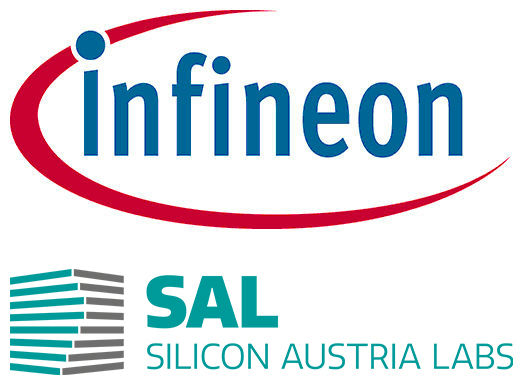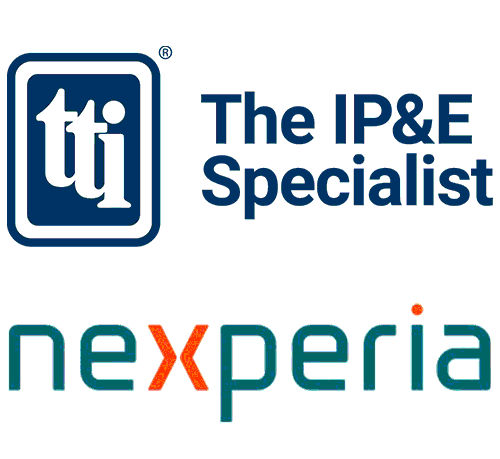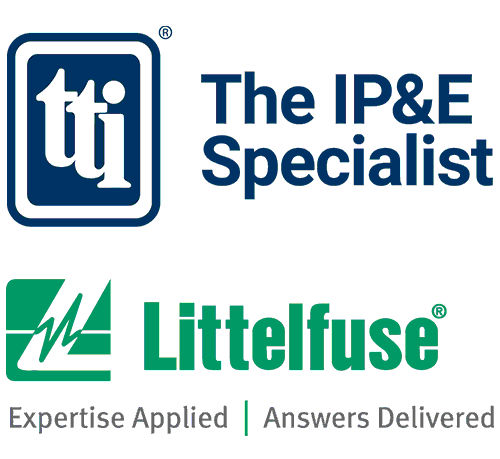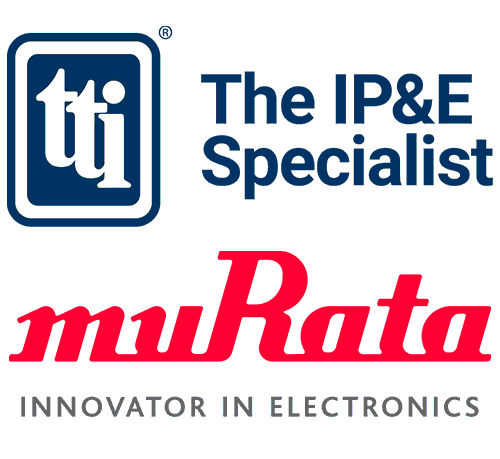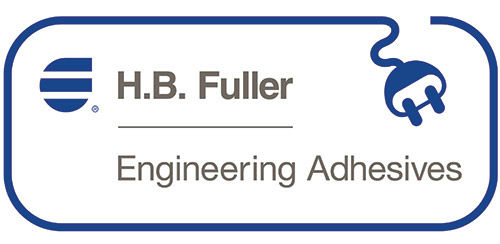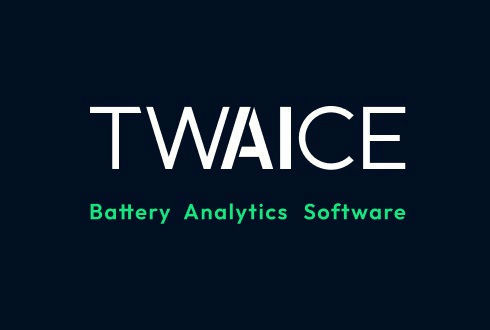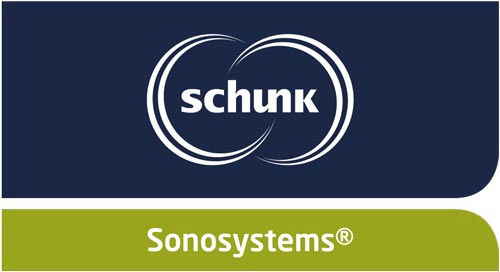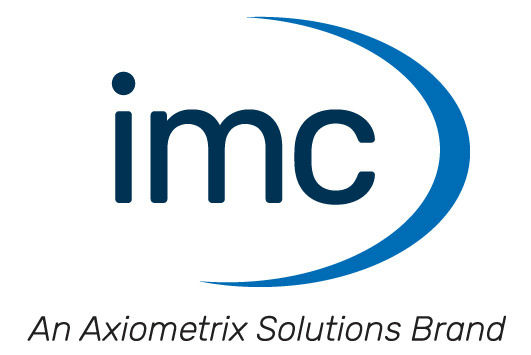When it comes to EVs, the mainstream press displays a curious mix of skepticism and credulousness (disasters and miracles generate clicks, but slow, steady progress does not).
A recent announcement from Toyota concerning solid-state batteries got the world’s media all excited about a big boost for battery-electric cars. (A search for “EV Holy Grail” will turn up most of the relevant articles.)
“Toyota says solid-state battery breakthrough can halve cost and size,” fulminated The Financial Times. (A couple of days later, the FT walked back on Toyota’s “hope and hype,” having realized that the company has seen its timetables “pushed back again and again.”)
“Toyota says it has made a technological breakthrough that will allow it to halve the weight, size and cost of batteries,” gushed The Guardian. (A few weeks ago, the paper was forced to revise an anti-EV screed after it turned out to be riddled with misleading statements and falsehoods.)
Yes, solid-state batteries (SSBs) represent a major advance over current Li-ion technology—they’re expected to be safer and more energy-dense, and to offer faster charging. And yes, Toyota has been working on SSBs for a long time. The much-heralded breakthrough appears to be a new way to simplify the production of SSBs. Toyota now expects to be able to manufacture an SSB for use in EVs as soon as 2027.
However, those of us who’ve been following the EV field for years know that Toyota has been touting breakthroughs in SSBs for years. (We also know that Toyota is a laggard in the electrification race, and that it continues to spread misinformation and to actively lobby against e-mobility.)
EV journalist John Voelcker’s take on the latest big news: “I have press clippings of Toyota promises on solid-state battery technology that now date back seven years. In 2017, Toyota said it could be producing cars with solid-state battery packs by 2020. We are now in 2023, and it is now offering the same 3- to 5-year timetable. Ahem.”
In 2020, Toyota predicted that its “game-changing solid-state battery” would debut in 2021.
In June of this year, Toyota said it was accelerating its development of solid-state batteries, and touted plans for a 1,000-mile EV (it also heavily hyped hybrids and hydrogen).
So, the latest announcement looks less like a grab at the Grail, and more like a reiteration of what Toyota’s been saying for years. Furthermore, Toyota is far from the only firm working on SSBs—in fact, it appears that others have beaten it to market. Chinese automaker Nio just announced plans to use SSBs in a production vehicle.
Toyota’s noise about SSBs strikes me as a typical brownie tactic. Here’s what Keiji Kaita, President of Toyota’s R&D Center for Carbon Neutrality, said about the recent so-called breakthrough: “For both our liquid and our solid-state batteries, we are aiming to drastically change the situation where current batteries are too big, heavy and expensive.”
In other words: “Current EVs stink, so don’t buy one—wait until we’ve perfected this future miracle technology, which is (and will remain) only four years away.”
To remain relevant, Toyota will need to do more than catch up in the solid-state battery field. It will need a drastic change in its global strategy—and long before 2027.
Sources: The Guardian, The Financial Times, Nikkei Asia



